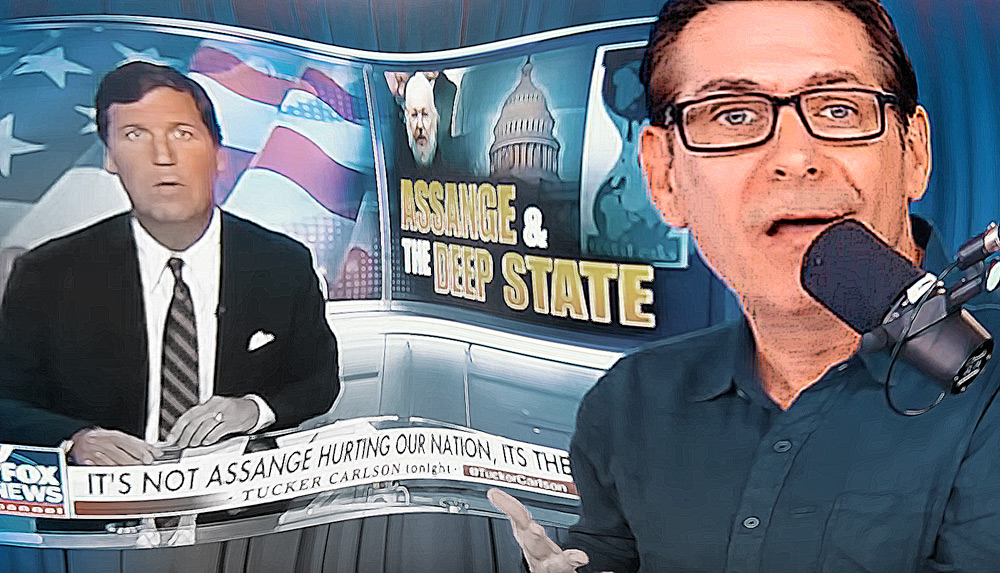The Mueller Report goes public today, and though some hope to find within it a splinter of kindling upon which to light the bier for President Trump, odds are high for a fizzle, a wet firecracker on a Fifth of July morning.
Still, the whole Russiagate issue has not lacked for entertainment value.
As comedy.
Little wonder that some of the best commentary on the left has included the incredulous coverage of the brouhaha by a professional comic.
Jimmy Dore, late of The Young Turks, has from the beginning been a skeptic of the modern conspiracy theory about Trump’s alleged Russian Collusion. Now he gloats. Earlier this week, on his podcast The Jimmy Dore Show, he came out swinging, insisting that the Hillary Clinton campaign actually did what the Donald Trump campaign was accused of doing. But, he laments, “accountability is not coming” — no journalist will be fired, nor the worst fake news stories even be retracted.
Mr. Dore also points to Tucker Carlson as a surprising purveyor of the truth about Julian Assange — that the Wikileaks guy, recently nabbed from the Ecuadorian embassy in London, is not guilty of the crimes he is accused of. But Assange has humiliated nearly everyone in the political class. Dore wonders why Carlson can get this story right, but the major talking heads at CNN and MSNBC — all to the left — cannot.
Yes, why?
Why is journalism now so lockstep in line with the corporatist Deep State and its major political operators?
I probably disagree with Dore on the answer. He thinks the Deep State’s main goal is to keep progressives out of power.
But the question is at least worth asking.
This is Common Sense. I’m Paul Jacob.

—
See all recent commentary
(simplified and organized)










